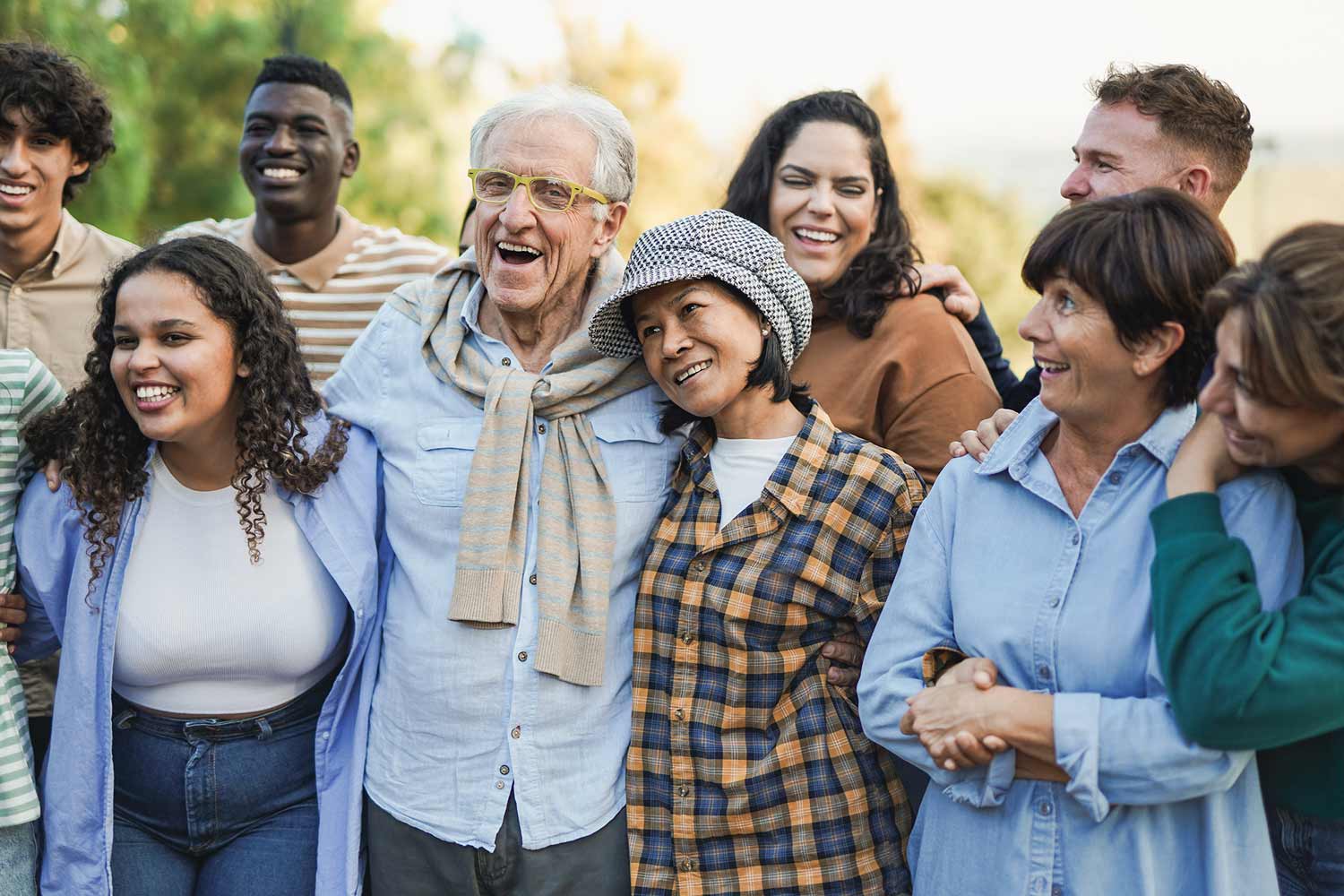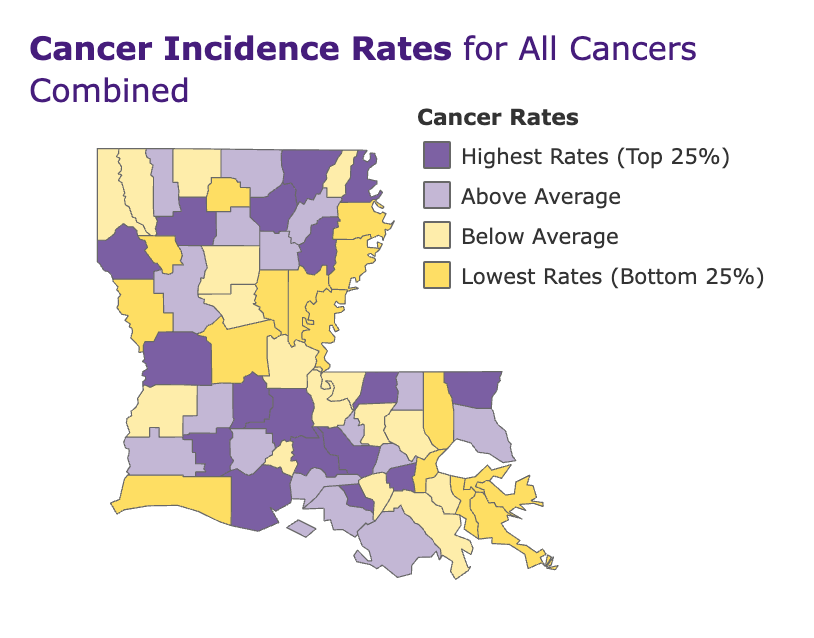Community Outreach and Engagement Research

In Louisiana, our communities have been hit hard by the burden of cancer. We have a higher incidence of cancer and a lower rate of survival than the national average. Despite advancements in cancer research, Louisianians continue to face differences in how they develop and respond to treatments.
LSU LCMC Health Cancer Center community outreach and engagement research strives to address the needs of communities across Louisiana. By determining individual community needs, engaging with community partners, and identifying opportunities to improve cancer prevention and cancer care, we aim to make a difference in our local communities and advance cancer research.
Community Outreach and Engagement Research in Practice The objectives of community outreach and engagement research at LSU LCMC Health Cancer Center include:
- Assessing and prioritizing the cancer-related needs and opportunities in our populations and assessing the impact of our interventions
- Working with community partners to promote participation in clinical trials and to implement evidence-based interventions and guidelines in order to impact clinical practice, health behaviors, and public policy in Louisiana and the Gulf region
A More Than Medicine Approach to Care
Cancer can affect anyone, but certain populations have a higher risk of developing cancer. In Louisiana, cancer rates vary depending on where you live and other factors related to your environment.
LSU LCMC Health Cancer Center community outreach and engagement research connects with communities in Louisiana to identify their unique needs. By identifying where differences exist, we conduct research to explain variations based on factors related to:
- Biology, including genetic, epigenetic, infectious, and mechanistic
- Economic stability, including employment, income, expenses, debt, medical bills, and financial support
- Neighborhood and physical environment, including housing, transportation, safety, recreation, zip code, and exposure
- Education, including literacy, language, early childhood education, vocational training, and higher education
- Food, including hunger and access to healthy food options
- Community and social context, including social integration, support systems, community engagement, and stress
- Healthcare systems, including health coverage, provider availability, provider linguistic and cultural competency, quality of care, and policy
The support of the Office of Community Outreach and Engagement (COE) is critical to advancing our goals. Their focus on raising awareness about cancer screening and treatment, advocating for policy changes, and promoting activities at system, clinic, and patient levels of healthcare are critical to improving cancer care in Louisiana.
The Office of COE's responsibilities include:
- Coordinating community research and activities
- Structuring and evaluating the impact of these activities
- Building community partnerships
- Providing venues for inclusion in cancer research & clinical trials
- Improving statewide population data collection and analysis
The goals of the Office of COE include:
- Improving data through registry data in conjunction with relevant other datasets (SAS)
- Improving training through community leads and building the capacity of partners to run community programs
- Improving cancer prevention through decreasing the number of tobacco users/smokers, and disseminating information
- Increasing cancer care access through screening, clinical trials, and navigation
Improving cancer prevention and care is an ongoing endeavor. New initiatives include creating a pilot cancer screening registry with Medicaid claims data for colorectal cancer with the Louisiana Health Information Exchange network (LaHIE). Eventually, the goal is to incorporate breast and lung cancer screening.
We also aim to enhance the behavioral risk factor surveillance system (BRFSS), which is the nation’s premier system of health-related telephone surveys that collect state data about US residents regarding their health-related risk behaviors, chronic health conditions, and the use of preventive services.
